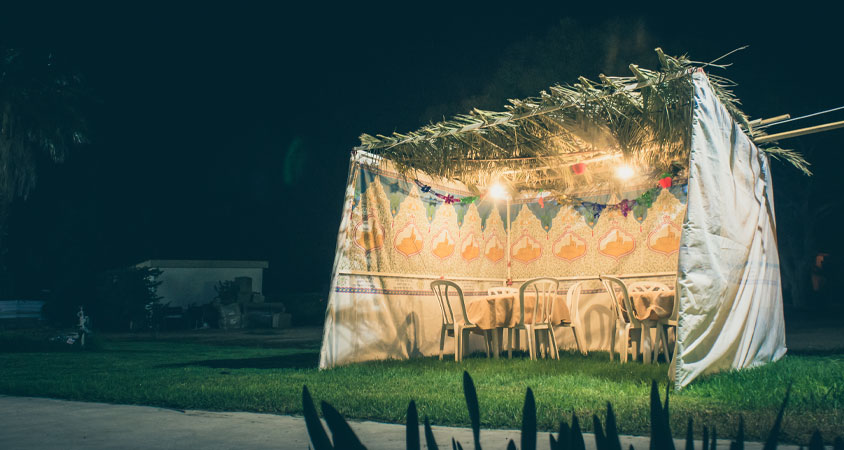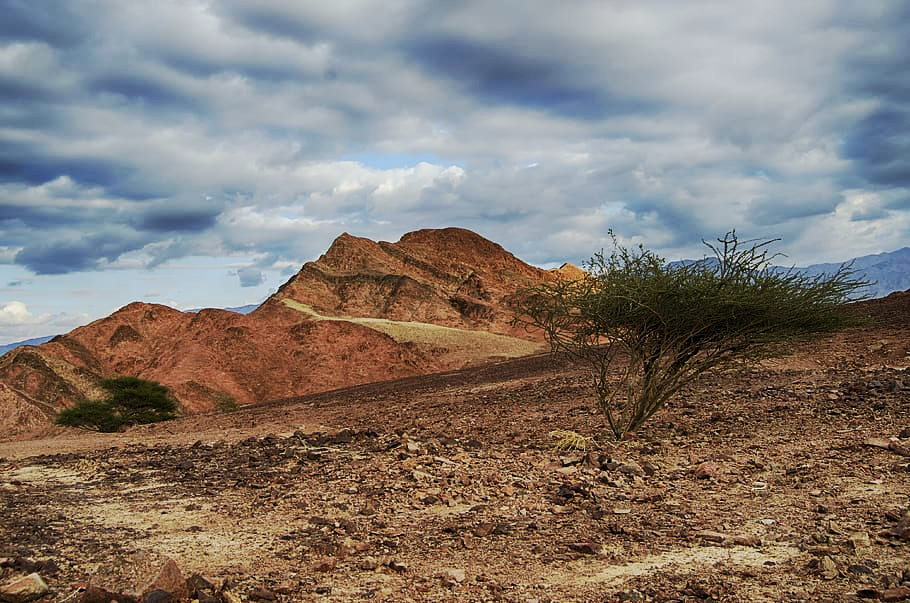
Deuteronomy 33:1-34:12
(2-3 Minute Read)
The parasha, or Torah portion, of V’zot haBracha is defined by the series of blessings delivered by Moses to the twelve tribes of Israel before he died. The blessings include: may Reuben have life; may Judah receive Divine assistance against his enemies; may Levi teach the Torah to the rest of Israel and provide offerings; may Benjamin rest securely in the protection of the Most High; may Joseph (i.e. Manasseh and Ephraim) be blessed with the bounty of the land and of the (spiritual) deep with the favor of the Presence of the burning bush; may Zebulun and Issachar be successful in their tents with the riches of the sea; may Gad be enlarged and decisive; may Dan be like a lion’s cub; may Naphtali be sated with favor; may Asher be successful and secure with “a foot dipped in oil.”
Following the blessings, Moses climbed to the top of a mountain in the steppes of Moab. The Almighty allowed him to view the entire land of Israel. At the age of one hundred and twenty, Moses died. Joshua was appointed as his replacement, but “never again did there arise in Israel a prophet like Moses.”
According to the Jewish calendar and cycle of annual Torah reading, V’zot HaBracha is read after the final days of the festival of Sukkot, or the Feast of Booths. The concluding days of Sukkot are referred to as Hoshanah Rabbah, Shemini Atzeret, and Simchat Torah. On Hoshanah Rabbah, the seventh and final day of Sukkot proper, the Jewish people engage in additional prayers beseeching the Eternal One to bless us with safety, security, livelihood, redemption, and rain.

All throughout the Torah and Tanakh, rain is generally synonymous with blessings. (Except, of course, in the narrative of Noah, where too much of a good thing quite literally became a bad thing.) In ancient times, as well as modern, entire economies were dependent on rainfall. A bad rainfall or harvest could mean economic collapse or even widespread famine and starvation. We pray for forgiveness during Rosh Hashanah and Yom Kippur, and beseech the Almighty to be sealed for righteousness and to have a good and successful upcoming new year. And the “gates of repentance” close for the final time on Hoshana Rabbah at the end of Sukkot. Thus, as the gates are finally closing, the Jewish people make one last request for redemption and upcoming blessings with a heavy focus on rain.
During the holiday of Sukkot, the Jewish people were commanded by the Eternal One to construct and dwell in sukkot, or booths. The symbolism of the sukkah specifically denotes the time in which the Jews wandered in wilderness with the Divine “clouds of glory” of the Shekhinah Presence of the Most High above them. And “dwelling” in the sukkah during Sukkot represents our connection with the Master of the Universe in a special way through Torah observance in the physical world, despite the limitations of our environment and our temporal bodies. (See “Kohelet: The Purpose of Futility.”)

The final chapters of Devarim (Deuteronomy) emphasize the blessings and curses that result as a consequence to the observance of the Torah (or refusal thereof). It is significant that the holiday of Sukkot first requires the Jewish people to “dwell” in a sukkah representing the “clouds of glory” of the Most High. And, after connecting with the Eternal One and “dwelling” under His “clouds,” the next and final step of Sukkot on Hoshana Rabbah is to request rain. In other words, the allegory of Sukkot can be extended to the receipt of rains of blessings from the “clouds” of the Most High after we actively seek to connect with Him through keeping the Torah, as represented by “dwelling” in the sukkah.
May the Holy One, Blessed be He, ever grant us (and especially the land of Israel) with the rainfall that the entire world desperately needs. May the Almighty also let the “rain” of blessings surround and nourish us, our families, and our communities this new, upcoming year. And as we finish our yearly cycle of Torah readings, Chazak! Chazak! V’nitchazek! Be strong! Be strong! And may we be strengthened!


